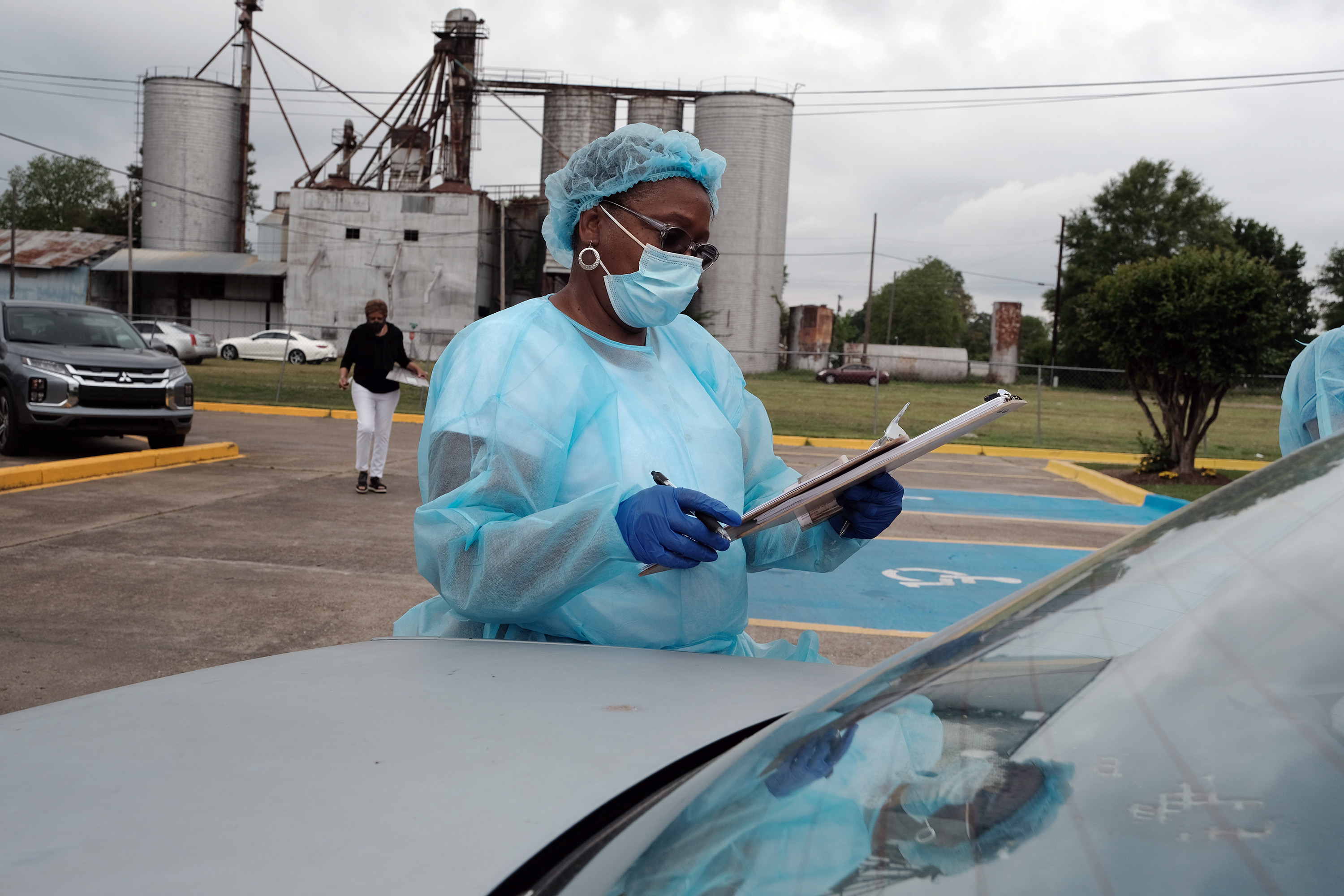Meet MIT Technology Review’s covid inequality fellows
Supporting journalism focused on the skewed consequences of covid-19.

In the spring of 2021, MIT Technology Review announced a fellowship focused on exploring the different ways in which technology and data were being used to address issues of inequality during the pandemic.
With the assistance of the Heising-Simons Foundation—a Los Altos and San Francisco, California-based family foundation that supports projects focused on climate and clean energy, community and opportunity, education, human rights, and science—our call aimed to find journalists who could report thoughtfully and with insight into the systematic, technological, and challenges covid has brought to under-covered communities. Fellows each receive at least $7,500 to conduct their work and the chance to publish in the world’s oldest technology publication.
We are proud to announce the recipients of the fellowship are:
LaVonne Roberts, an independent journalist covering science, health, and technology from New York, will be writing about the rollout of immersive, high-tech recharge rooms for health professionals as a pilot scheme expands from doctors to other frontline hospital workers. Her work stood out from the crowd, said the judges, with a clear impact and compelling brief.
Elaine Shelly, a freelance writer and documentary maker based in Georgia, is examining the impact of long covid on Black Americans, and exploring how we might better understand the disease and its cultural impacts. The judges hoped her work could fill in a missing element of existing pandemic coverage. “Focusing on the lives of Black women—and her own experience of long-term symptoms of covid-19—Elaine Shelly’s reporting will dive into the overlapping burdens of chronic illness, medical racism, and misogynoir,” they said.
Chandra Whitfield, a writer and multimedia journalist from Colorado, will be examining how Black women were particularly affected by the intersection of the pandemic and domestic abuse—and looking at how to collect relevant data. The judges said she had “identified an important public policy issue” and crafted a proposal “with a sense of purpose and urgency.”
And our newsroom fellowship goes to Rob Chaney, who covers environment and science at Montana’s Missoulian. Rob and his colleagues have been exploring the results of covid response and a surge in federal financial support in Montana's native communities, particularly in the Blackfeet Reservation. The judges agreed that his proposal was the “clear winner” in its category.
Evaluating entries was a panel of experienced journalists and researchers intimately acquainted with the issues at stake: Alexis Madrigal, cohost of KQED public radio’s Forum; Krystal Tsotsie, a geneticist at Vanderbilt University and board member of the Native BioData Consortium; Mark Rochester, an experienced investigative journalist and managing editor of the San Diego nonprofit newsroom Inewsource; and Seema Yasmin, a journalist, medical doctor, and director of the Stanford Health Communication Initiative.
Deep Dive
Policy
Is there anything more fascinating than a hidden world?
Some hidden worlds--whether in space, deep in the ocean, or in the form of waves or microbes--remain stubbornly unseen. Here's how technology is being used to reveal them.
What Luddites can teach us about resisting an automated future
Opposing technology isn’t antithetical to progress.
Africa’s push to regulate AI starts now
AI is expanding across the continent and new policies are taking shape. But poor digital infrastructure and regulatory bottlenecks could slow adoption.
A brief, weird history of brainwashing
L. Ron Hubbard, Operation Midnight Climax, and stochastic terrorism—the race for mind control changed America forever.
Stay connected
Get the latest updates from
MIT Technology Review
Discover special offers, top stories, upcoming events, and more.